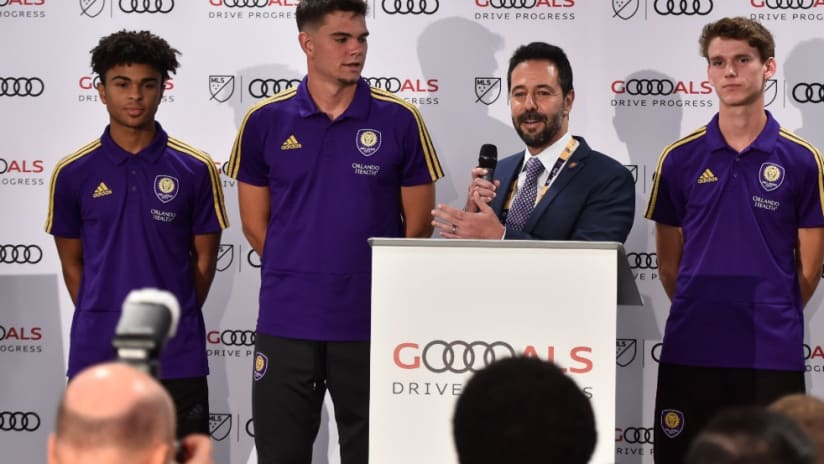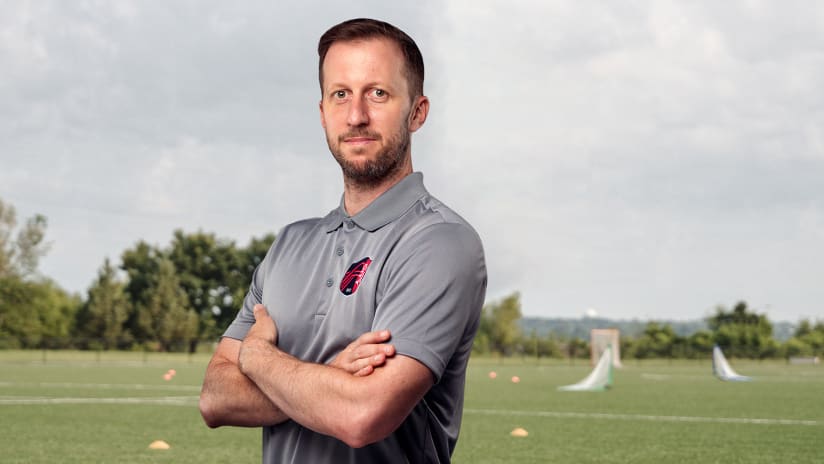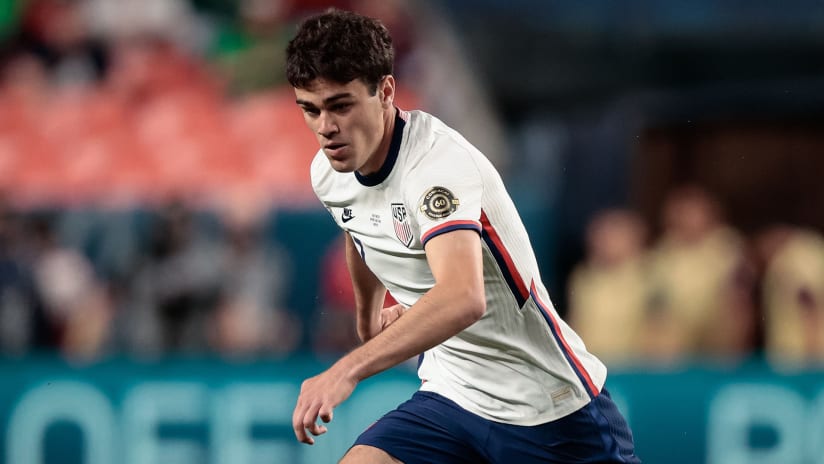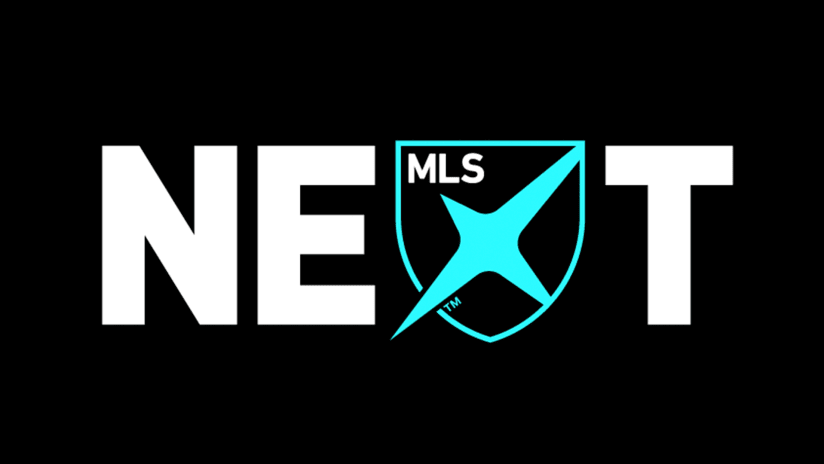The return to the training facility for Orlando City SC players, and technical staff, Wednesday was therapeutic.
How much did the players miss it? Even the sideline screams from strength and conditioning coach Fabian Bazan was music to their ears.
“He goes out there and he can scream his lungs out, trying to try to get back to what it used to be before,” Orlando City SC executive vice president of soccer operations Luiz Muzzi told reporters on a call Thursday. “If the player [before] thought that was bad, they love it now. They're all like ‘yeah Fabian scream, come on.'”
Although Orlando City players have had the luxury of training in local parks while practicing social distancing, Muzzi said the return to the club’s facility felt different.
“I think that for the guys it's not only the physical part of it, but it's it's the mental part of it hey we're back,” he said.
While the players, and coaches, return to the training facility is new, the work behind the scenes when it comes to identifying potential targets in the transfer market has been busier than ever.
“They're not using their time to go to games and doing things that they would be doing over otherwise, so they're actually watching video the whole day,” Muzzi said of the club’s scouting department. “That’s the main thing that they're doing now.”
Muzzi also acknowledged an inevitable change in the market, but the club is still mindful of finding the right player who fits in on several levels.
“We keep our eyes open. There is going to be a lot of opportunities out there,” he said. “If and when we find one that we think it's good and it makes sense, not only from the team point of view, but of course with the new reality, then, of course we're going to move forward if it makes sense from all different aspects.”
Of course, players can also come up through the Orlando City SC academy, something Muzzi, head coach Oscar Pareja and the rest of the technical staff were well versed in during their time at FC Dallas.
Muzzi expects the change in the youth development landscape that occurred when the Development Academy shut down and MLS announced a new, elite competition for youth academies, will not only be beneficial, but also align the league with those around the world.
“If you’re not a professional club in pick your country — Brazil, Argentina Germany, Italy, whatever — you’re an amateur club and you’ve got a great player, that player is going to have to make it to a professional team in your city,” he said. “That’s the developmental path I think that needs to happen.”
While citing challenges — the “pay-to-play” model and the NCAA — that are unique to the United States, Muzzi sees the change as “a great opportunity for everybody.”
“I see that is a great chance to build something new and better, stronger that will provide players with a better opportunity to develop in a better way and be professional players,” Muzzi said.













